Personal Reflections from the Chronicles of Belteshazzar: King Jehoiakim Surrenders
Read More
When I was the State Director of the Indiana Christian Coalition, I was reluctant to go to events and speak out. I wasn’t sure how people would accept me. While I was reluctant to do so, I knew that this was something I had to do.
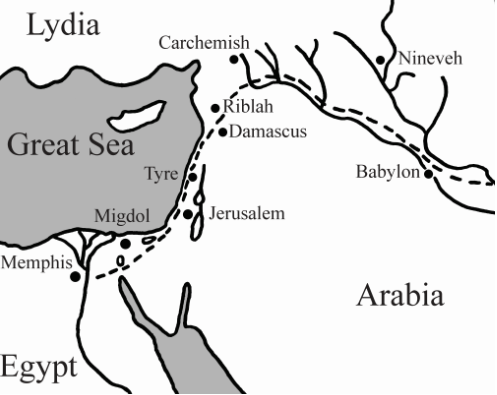
Back in 1997, I was driving to work, listening to Chuck Swindoll’s program, Insight for Living. He was doing a survey of the books of the old testament and had gotten to the book of Jeremiah. He talked about how Jeremiah was in his early 40s, and Daniel and Ezekiel were likely teenagers. That gave me the idea for the book that starts with the confluence of three events that took place in 605 B.C.
First, Babylon gained dominance over Egypt in its victory at the Battle of Carchemish. Second, Nabopolassar died, causing his son Nebuchadnezzar to return to Babylon instead of continuing to press its advantage over Egypt, giving that nation time to regroup. Third, Jeremiah delivered a prophecy in Jeremiah 25 that Judah would be taken into exile.
It also occurred to me that the political issues of our day could have had their ancient counter parts in the time of Jeremiah. I turned that story into a book in 1999 called The Brotherhood of the Scroll. My novel The Chronicles of Belteshazzar lifts portions of that novel to tell the story of Daniel through a series of conversations between a grandfather and his grandchildren.
In Any Age, Humans Enter into Conflict
While most people think of the destruction of Jerusalem in 586 B.C. and the carrying off of the Jews into exile, there were actually three waves of exiles. The first of these three waves were taken to Babylon in 605 B.C. Daniel would have been among those taken. The second group of exiles were taken to Babylon in 597 B.C. Ezekiel would have been among those exiles. Here in Chapter Four, King Jehoiakim must decide whether or not to surrender and pay tribute to Babylon. He decides to do so, and among the exiles, sends those he deems to be political enemies, thereby ridding himself of some troublemakers living there in Jerusalem.
The problem that Judah faced is summarized in two places. First, read Jeremiah 7:30-34 to get a picture of Judah’s sins. Second, read the prayer offered in Daniel 9:4-19. The problem is the national sin of Judah, and the consequences of that sin which included being carried away into Babylonian captivity. Do we face a similar set of circumstances in our day?
The answer is, of course, yes. And so, how might you talk such issues with the young people in your life?

Taking A Stand to Defend Those in Your Charge
One of the things that people want in a leader is someone who stands up for their people. Jehoiakim didn’t do that. He schemed and plotted in his palace. In the movie, The King’s Speech, King George the 6th had a severe stuttering problem. His people needed to hear his voice and encourage them to stand firm against the threat of Hitler and Nazi Germany. The king was too afraid to deliver the speech, but a speech coach by the name of Lionel Logue helped him overcome his fear.
When I was the State Director of the Indiana Christian Coalition, I was reluctant to go to events and speak out. I wasn’t sure how people would accept me. And then, on the Friday before the upcoming Indiana May primary (which also happened to be Good Friday, just before Easter Sunday), I got a phone call from a supporter in Bloomington, Indiana by the name of Jeff. He told me a local radio talk show host was using his program to bash our organization for handing out voter guides telling prospective voters where the candidates stood on certain key issues. All of the people calling in were supporting the talk show host and speaking negatively of the Christian Coalition. Jeff gave me the phone number of the radio program and asked me to call in.
While I was reluctant to do so, I knew that this was something I had to do. And so, I called the number, identified myself as the State Director of the Indiana Christian Coalition, and for the next three minutes laid out the case for why our organization was distributing voter guides. I pointed out that many other organizations were distributing their own voter guides, including the Indiana Chapter of NARAL (National Abortion Rights Action League) and the Indiana State Chamber of Commerce. I asked why he wasn’t also being critical of them – and why he was only criticizing a Christian organization on Good Friday, of all days? I hung up the phone and waited to hear about how my call had been received.
An hour later, Jeff called to say that immediately after I got off the phone with the radio show host, our supporters flooded the phone lines. It was like God turned on a switch and His people spoke up. I learned a lesson that day, that the people in the state who followed the Indiana Christian Coalition relied on me to speak out for them. It was a similar lesson that King George 6th had to learn. If you’ve never watched The King’s Speech, take the time to rent it and watch it with your family.
Question for Reflection
This brings me to a discussion question you might wish to have with your kids or grandkids, or the next time you’re at the dinner table and you’re having a discussion about those big questions in life. Here’s the “Question for Reflection”:
Daniel, Jeremiah and Ezekiel saw the destruction of Jerusalem by Babylon as God’s punishment for their sinful behavior. What do you think about this? Is it possible that disasters happening in the present happen for similar reasons?
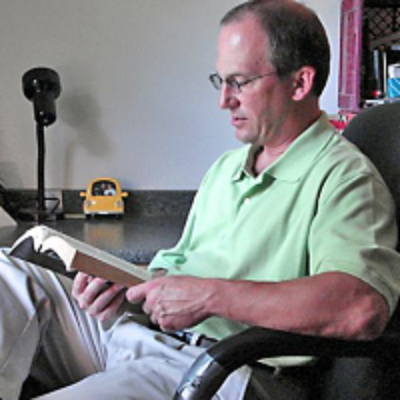
Written by David Lantz. Please consider sharing this post with others.
More From These Three Categories
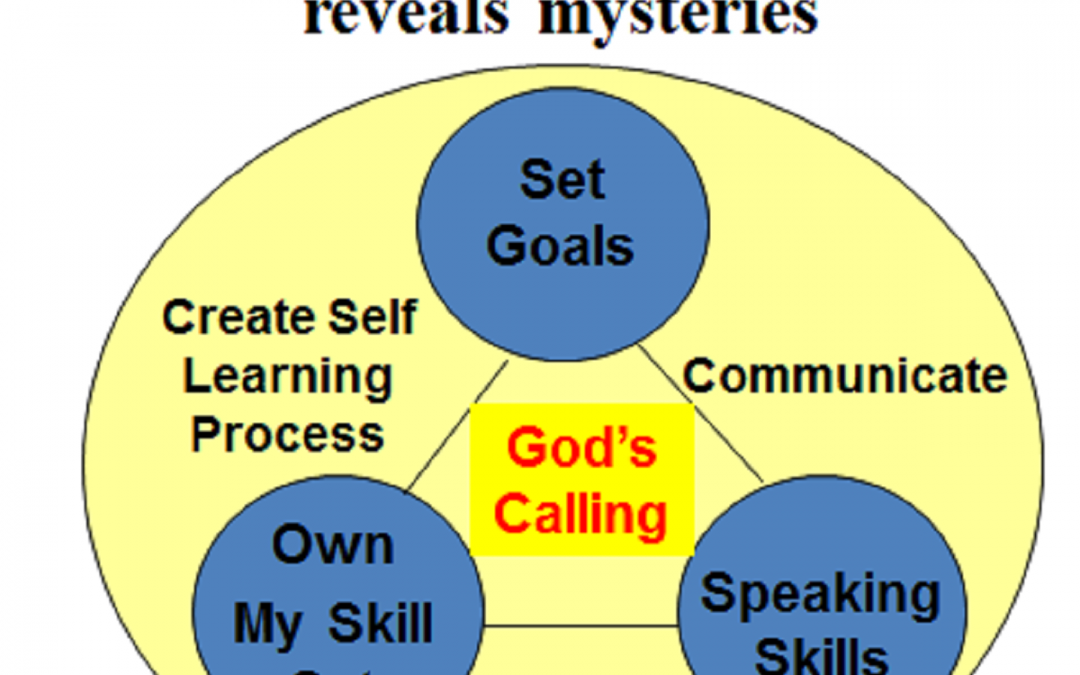
Owning and Shaping Your Journey Mindset
Daniel 2:28 says: “There is a God in heaven who reveals mysteries.” Where will the practice of owning your own skill development take you?
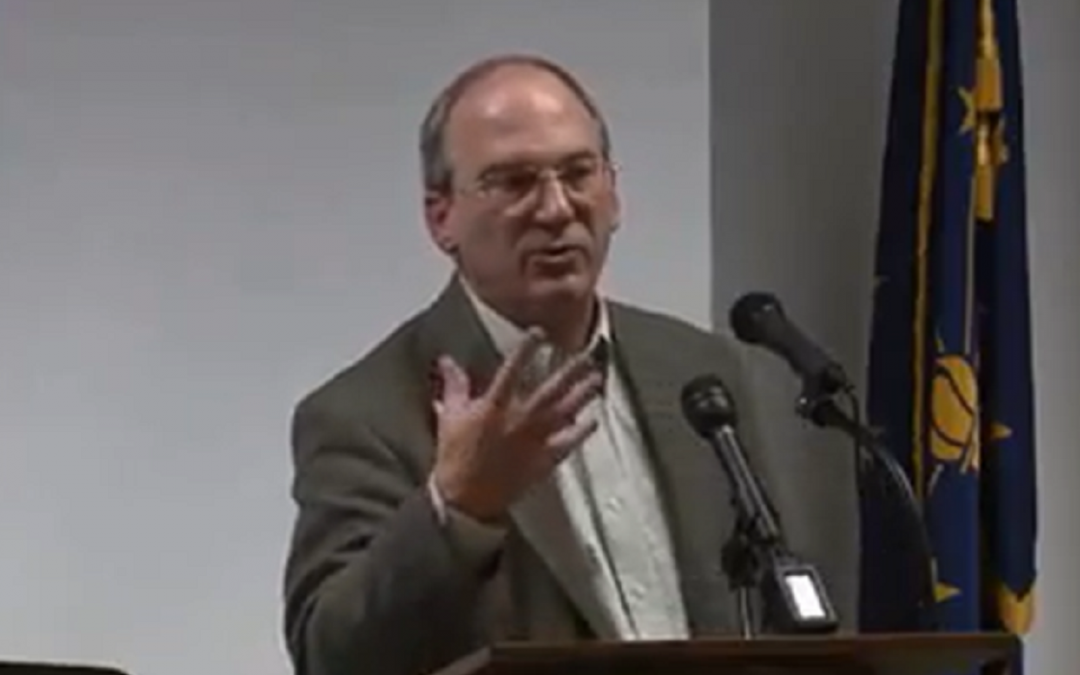
Acquiring the Skill of Public Speaking
Probably the most important skill I learned in life is the art of public speaking. I honed this skill as a member of Toastmasters International.

Deciding What You Want From The Journey
In this first “Journey Step,” I talked about identifying your goals in life, and identifying one or more skills you use to achieve your goals.
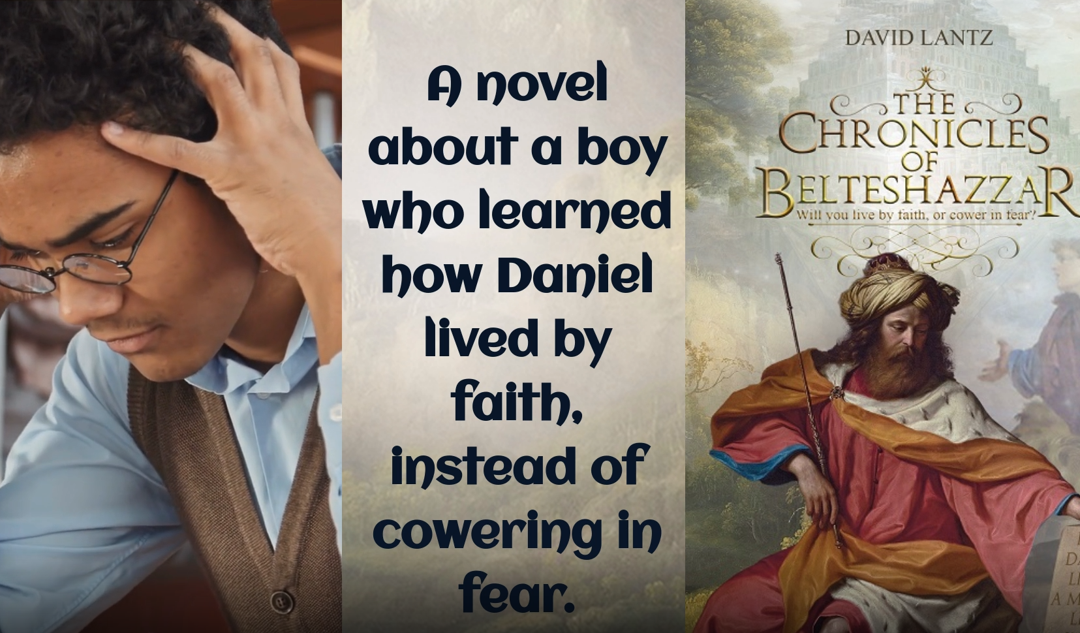
Personal Reflections from The Chronicles of Belteshazzar: Auntie Dr. Sarah
Treating the whole person is a principle "Auntie Dr. Sarah" always remembered. Click to read on.In Chapter One of The Chronicles of Belteshazzar, Isaiah has his bible taken from him by another student at school. This leads to a conversation about school prayer with...

The Unraveling: The Destruction of the Four Virtues
In his book, Coming Apart, researcher Charles Murray identifies what he calls The Four Founding Virtues of American culture – industriousness, honesty, marriage, and religion. In this post, I would like to examine how a concerted effort led by liberal/progressive academics and their political allies among the elite ruling class of the 1920s and 30s worked to unravel these founding virtues.


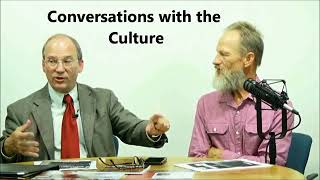
0 Comments